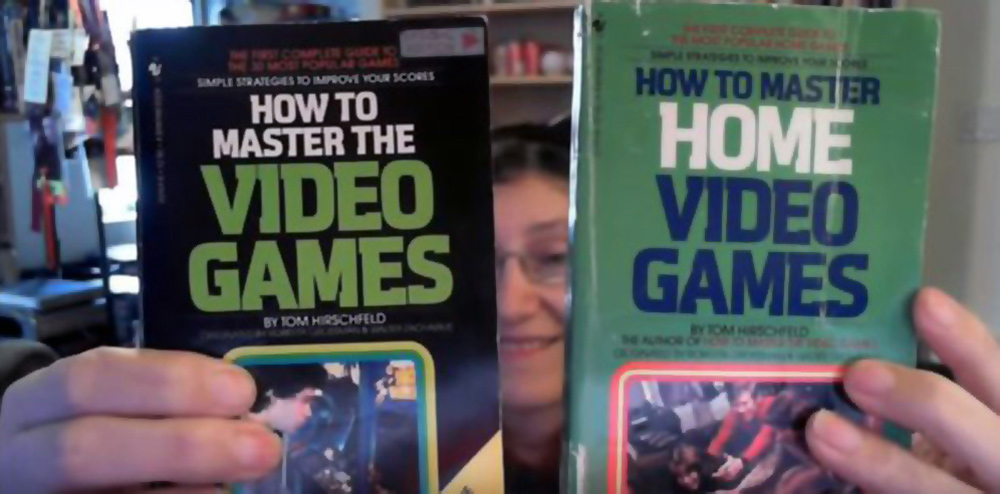Sup Holmes every Sunday! Until July 24! Then it’s over!
[Sup Holmes is a weekly talk show for people that make great video games. It airs live every Sunday afternoon on YouTube, and can be found in podcast form on Libsyn and iTunes.]
A little over two years ago, former Dtoid writer Conrad Zimmerman launched a Kickstarter to allow me to host another 100 episodes of Sup Holmes, a weekly live stream podcast for game developers. In the promo video for the campaign, I said that I’d like to do Sup Holmes for the rest of my life.
That is still true. I still love doing the show, and I hope that Conrad and I can find a way to do something like it again in the future. We’re talking about doing a shorter, more focused and produced monthly podcast, and with any luck, we’ll be able to pull it off. Sadly, that puts Sup Holmes in position for retirement. Just as I retired from Destructoid’s Editor-in-Chief position last year in order to focus more on my ever-growing family, so too must I say goodbye to hosting this wonderful show.
We’ve still got a few more episodes to go though, with guests like Tom from the Battle Chef Brigade team, and former Dtoid CEO Hamza Aziz slotted for later this month. We’ve also got plenty of reruns for you to enjoy, like this episode with Rebecca Heineman, one of the founding mothers of modern video games.
After running away from home as a teenager, Rebecca took up video games as an escape, and eventually, as a way of life. She was the winner of the first ever Space Invaders World Championship, which lead her to co-write not one but two books on “How To Master The Video Games.”
From there she learned to approach computer programming with the same level of artistry and proficiency. Games programming was still in its infancy at that time, balancing between incredibly tight technical limitations and endless potential for innovation, only the most brave and passionate programmers of the day were able to make it. Not only did Rebecca survive the games industry crash of the ’80s, but she found a way to thrive. Her influence on the course of gaming’s evolution is still felt today. Reviewers at the time could barely wrap their heads around her design work for Bard’s Tale III, which allowed players to explore a truly open world in any way that they chose.
Creating virtual spaces where the player is free to be whomever they want, go wherever they want, and do whatever they want is a design philosophy that Rebecca has championed for over 30 years. Anyone who’s interested in games of that style would do well to learn from her.








